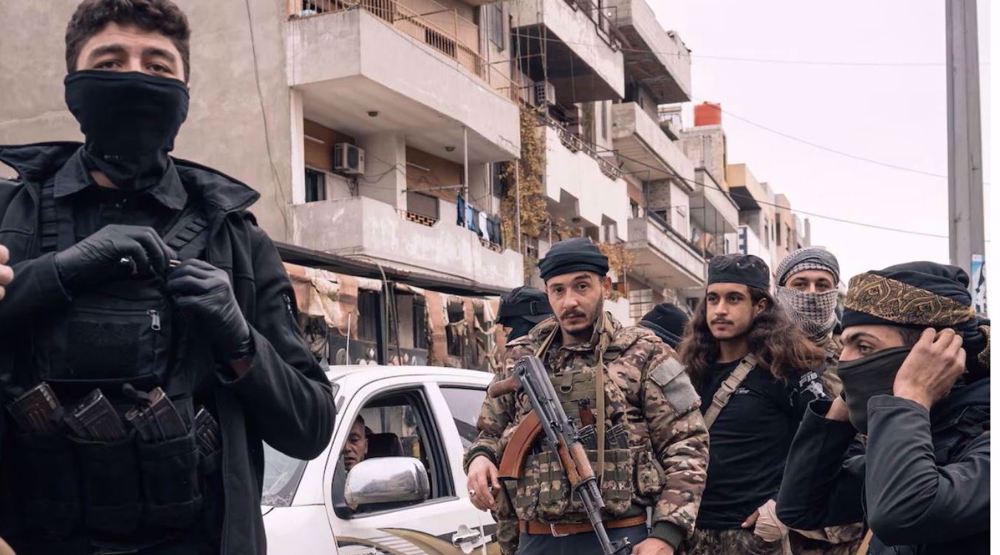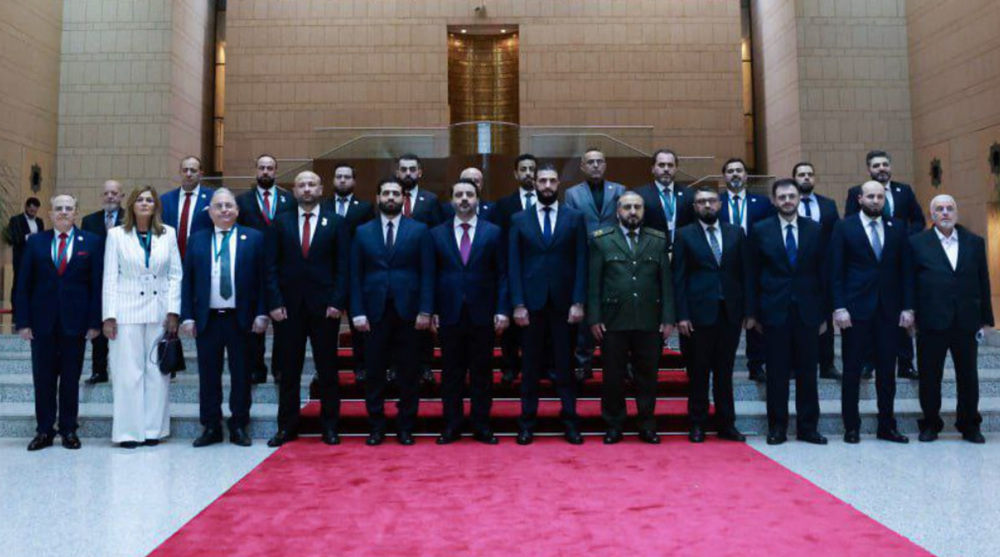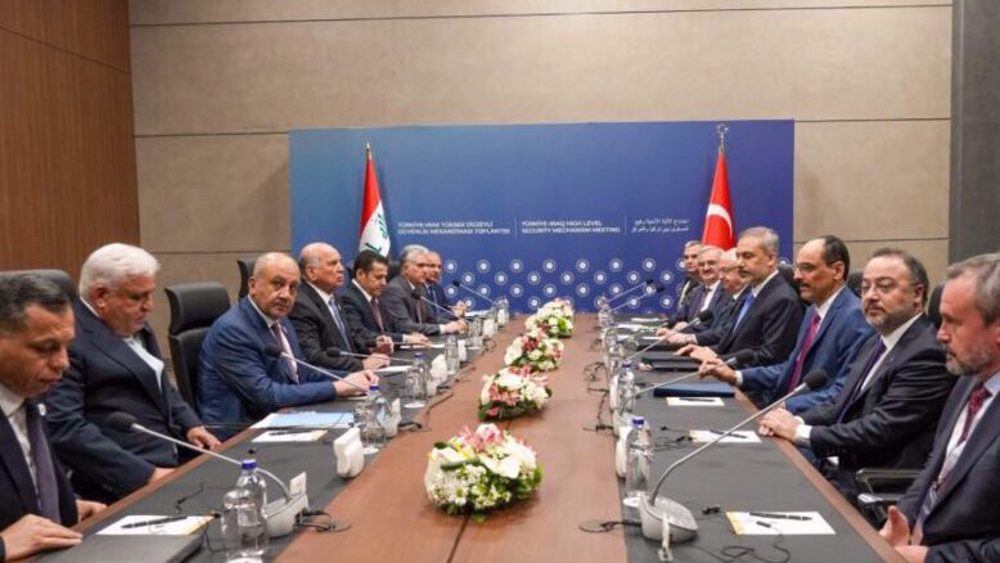Russia agrees to 48-hour Aleppo truce, other guarantees needed: UN
UN Special Envoy for Syria Staffan de Mistura says he has received Russia’s agreement for a 48-hour truce meant for humanitarian access to Syria's northwestern city of Aleppo, emphasizing that the aid delivery will start once other actors support the deal.
“The Russian Federation replied 'yes', we will wait for others to do the same,” said de Mistura on Thursday, adding, "...we are ready, trucks are ready and they can leave anytime we get that message."
The UN official said other parties to the conflict in Aleppo, which is divided between the government forces and foreign-backed militants, should provide security guarantees to allow the aid delivery to start.
“We are very much focused in maintaining our line, we want a 48-hour pause... we are ready, not only… verbally, we are ready practically, concretely, operationally,” de Mistura stated.
The UN envoy has been trying to bring representatives of the Syrian government and the foreign-backed opposition back to the negotiating table. De Mistura says before he comes up with further comments on the peace talks, he is waiting for a Friday meeting between US Secretary of State John Kerry and Russian Foreign Minister Sergei Lavrov in Geneva.
“Those meetings taking place outside of this (UN) office here in Geneva are going to have an impact certainly on the way we will be (working) and I plan to present what are the political initiatives of the UN in order to relaunch the political process on Syria.”
Meanwhile, Jan Egeland, who chairs the weekly humanitarian task force that met in Geneva, said the aid delivery to Aleppo will be performed as a "pilot project," in which food will be delivered simultaneously to the militant-held east and government-controlled west while the electrical system in the south that powers water pumping stations that serve 1.8 million people will see a “cross-line repair.”
Aleppo, Syria’s largest city before the conflict that began in 2011, has been the scene of some unprecedented fighting over the past months. Russia, which has been carrying out an air campaign against the militants on behalf of the government, has largely opposed long periods of lull in the fighting proposed by the UN for Aleppo, fearing the militants would use the respite to bring more forces and weapons into the city.

Scores of Syria Alawites killed as HTS sectarian violence continues

HTS in Syria says to recognize Israel by end of 2026

Iraq warns Daesh threats ‘resurging’ in Syria
VIDEO | Press TV's news headlines
VIDEO | Paris rally condemns Israel, decries killing of Palestinian journalists
VIDEO | Italy's Meloni visits US to discuss Trump's tariffs as EU unity at risk
VIDEO | Syria under HTS
1 killed as US keeps up deadly escalation against Yemen
ICC sues Hungary for failing to arrest fugitive Israeli war criminal Netanyahu
VIDEO | Western coverage of Israeli war on Gaza
VIDEO | US's broken commitments








 This makes it easy to access the Press TV website
This makes it easy to access the Press TV website